Decluttering your home can feel daunting, especially when you’re short on space. But what if there was a solution that’s both practical and innovative? Enter the world of using shipping containers for home organization. These sturdy, spacious units offer a unique way to store and organize your belongings, transforming clutter into a well-ordered space. This article will explore various tips to help you declutter your home effectively using shipping containers.
Understanding The Potential Of Shipping Containers
Delving deeper into the potential of shipping containers for home organization, one finds that these structures are more than just metal boxes. Their robust design, made to withstand harsh oceanic conditions, translates into unparalleled durability for home storage. This means that your belongings are protected from theft, extreme weather conditions, pests, and deterioration. Shipping containers come in various sizes and can be modified to suit specific needs, making them an ideal choice for storing a wide range of items. The versatility of these containers allows for creative uses, such as transforming part of a container into a workshop, hobby area, or even a home office space while still using the rest for storage.
Assess Your Storage Needs
A strategic approach is required to effectively use a shipping container hire for decluttering. Begin by categorizing the items you plan to store. Group them by their use, size, and how often you’ll need access to them. This categorization will not only aid in determining the amount of space needed but also in organizing the container efficiently later on. Be critical in your selection process; items that haven’t been used in years are likely not essential. This exercise is not just about relocating your belongings; it’s about re-evaluating their importance in your life. Think of this as a step towards minimalism, where every item in your possession serves a purpose or brings joy.
Choose The Right Container Size
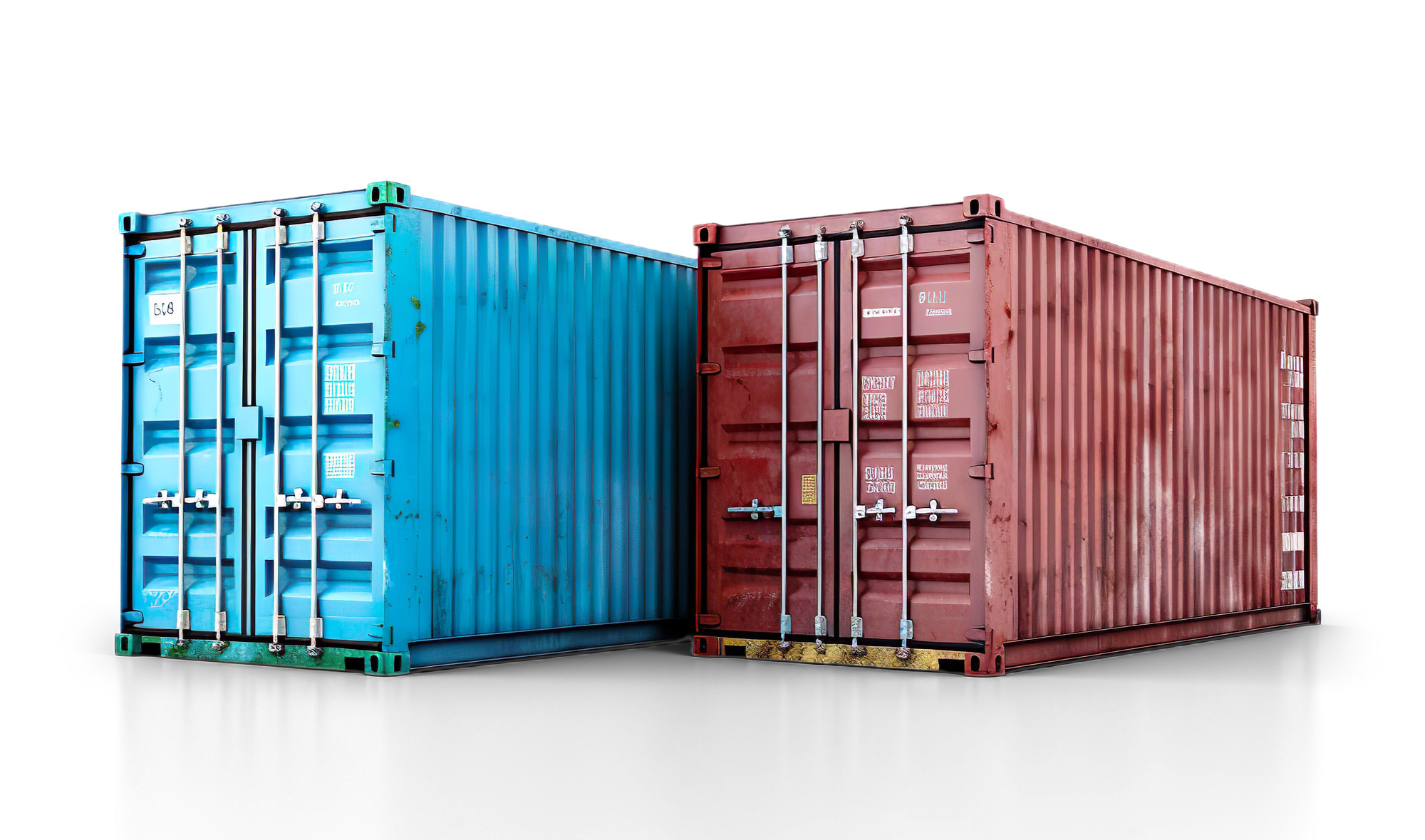
Choosing the right container size is crucial for space optimization. While a 20-foot container might seem sufficient, consider future storage needs. A 40-foot container offers double the space without a significant price increase, providing more flexibility for long-term storage solutions. Additionally, consider the height of the containers. High cube containers, typically a foot taller than standard containers, offer additional vertical storage space, perfect for storing taller items or adding shelving units.
Plan Your Container Layout
In planning your container layout, think beyond just stacking boxes. Envision creating an organized, accessible space. If the container will store a variety of items, consider creating zones. For instance, one area could be dedicated to seasonal items, another to tools and equipment, and a separate zone for memorabilia. Utilizing vertical space is key; installing shelves, hanging systems, and stackable bins can greatly enhance the storage capacity. Remember to leave a pathway at the back of the container for easy access to items.
Prioritize Accessibility And Organization
Effective organization within your container hinges on prioritizing accessibility. Imagine needing an item and knowing exactly where it is, and being able to retrieve it without moving other things around. This level of organization requires a thoughtful approach to where items are placed. Use clear, durable labeling on all boxes and bins. Consider creating a simple map or inventory list of the container’s contents, which can be incredibly helpful, especially for items that are used infrequently.
Maintain A Clutter-Free Zone
Maintaining a clutter-free zone in your container is an ongoing process. Set a schedule for regular reviews of the container’s contents. This could be seasonally or annually. Use these reviews as opportunities to purge items that have become redundant or no longer serve a purpose. This practice will ensure that the container does not become a forgotten stash of unnecessary items but remains a well-organized extension of your living space.
Embrace A Minimalist Approach
Adopting a minimalist approach in your life extends beyond the physical decluttering of space. It’s about cultivating an attitude of living with less and valuing quality over quantity. Before acquiring new items, consider their long-term value and necessity. This mindset will gradually reduce the influx of non-essential items into your home and, by extension, into your storage container. Embracing minimalism is not about deprivation; it’s about making room for more freedom, less stress, and more meaningful experiences in life.
Secure Your Container
Securing your container is about more than just preventing theft; it’s about ensuring the safety and preservation of your belongings. Invest in high-quality, tamper-proof locks. Consider additional security measures like motion-sensor lights or a security camera if the container is stored in a remote area. If possible, position the container in a location that is well-lit and visible from your home or the main road, as this can be a significant deterrent to potential burglars. Regular maintenance checks for signs of rust, wear, or tampering are also essential to ensure the container remains a safe and secure storage space.
Conclusion
Decluttering your home with shipping containers is an innovative and effective approach to organizing your space. By understanding the potential of these containers, assessing your storage needs, and embracing a minimalist lifestyle, you can transform your home into a clutter-free, serene environment. Remember, the key is to store, organize, and maintain a system that supports a tidy, harmonious living space.

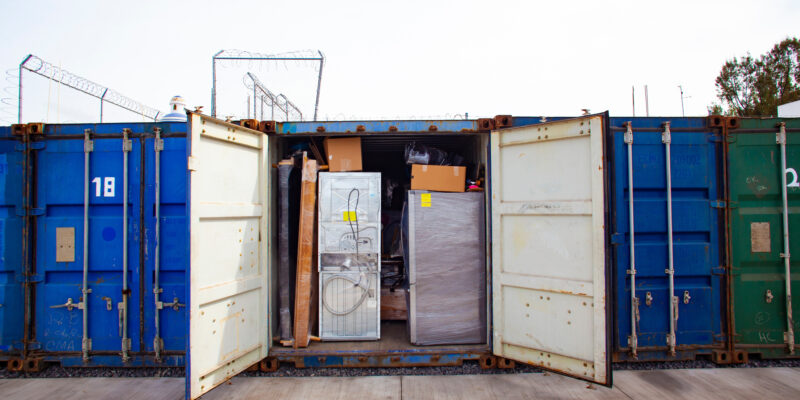

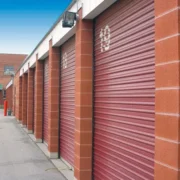



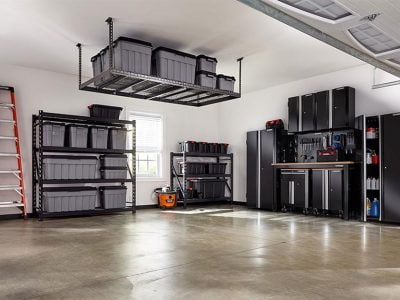
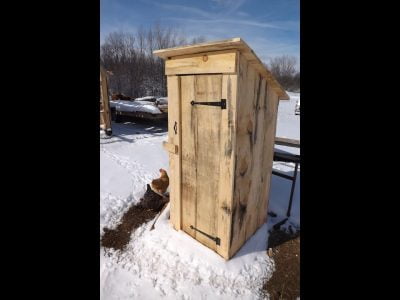

Comments